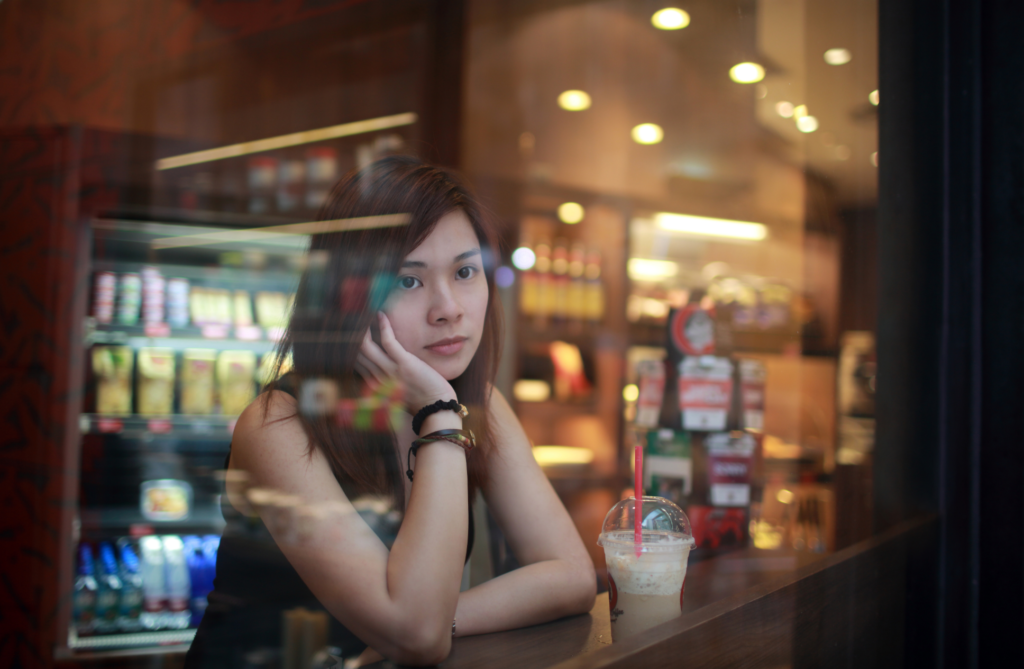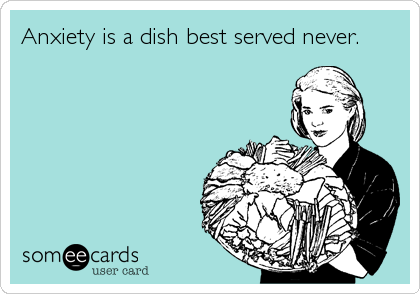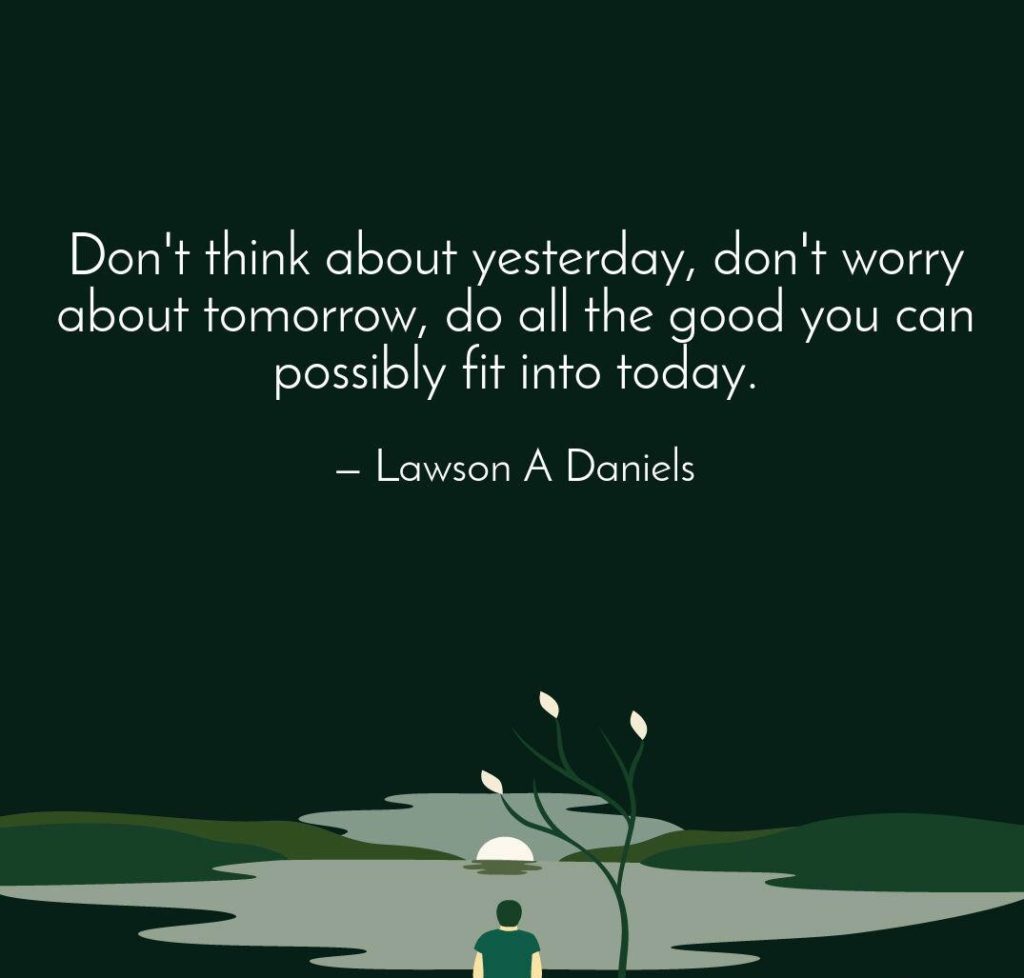
As humans, we avoid ambiguity at all costs. Not having control on outcomes can cause us to feel uncomfortable and helpless. But not knowing about what’s in store for us is something we’ll face throughout our life and learning how to deal with these periods is crucial to our success and wellbeing. No matter how you relate to the unknown, you can benefit from these mindset and tools that can help you deal with uncertainty. (Estimated reading time: 6 minutes)
“Being at ease with not knowing is crucial for answers to come to you.”
— Eckhart Tolle
If there’s one word to define 2020, it’s uncertainty. The days blur together, and the list of concerns about the long-term impact of COVID-19 on all aspects of our lives—finances, health, travels—keep mounting. What we hoped would be a short-lived crisis is dragging on indefinitely.
Like unanchored boats, we’re tossed around by the waves of news unfolding around us. Conflicting headlines amplify our anxiety. When can schools safely reopen? Is there hope for economic recovery? How close are we to finding a vaccine?
This has given rise to two pandemics: the viral one and the psychological one, based on the trauma of uncertainty. The illusion that we’re under control and that we can push a button to fix problems has shattered.
As humans, we avoid ambiguity at all costs. To make sense of the unknown, we look for patterns and make references based on scientific and faith-based beliefs. In times of war, recession, natural disaster, and plague, we default to a combination of logic and instinct.

Thanks to the pandemic, we find ourselves on the precipice of a massive spiritual awakening in our collective consciousness. We’re reminded that we’re just as vulnerable as any other living creature, even with our smarts and sophisticated technology.
Instead of hoarding groceries, supplies, and toilet paper to gain some semblance of control, this is a time to confront your fears around two existentially challenging states: not knowing what’s coming next and not being able to do much about it. We have the opportunity to face and heal those parts of us that are afraid of losing a sense of power over our fates.
As restrictive as our current conditions are, I’ve found respite in these forced moments of stillness. I use them to reflect on the unknowns. I’ve found that the best way to override the brain’s primitive impulse to overreact with fear is by letting go of control and admitting that I don’t have all the answers.
When we spend moments in silence and stillness, we’ll observe the natural ebb and flow of life and accept that there will be times when we don’t know what’s in store for us. We can flow with the waves of change by becoming rooted at the core of our being. Even if there’s chaos happening around us, we can take refuge in this inner sanctum we create.

Buddhist and Hindu scriptures state that everything that happens to us is transient. No matter how off-kilter life gets, it will shift with time. The Buddhist doctrine of “Anitya” highlights the idea that neither suffering nor material pleasures last. Reflecting on this truth liberates us from worldly attachments and expectations for the future. Instead of resisting, we remain fluid and open to reality.
Curiosity is a better substitute for fear when facing the unknown and a better way to deal with uncertainty. Replacing a fear-based victim mentality with the open-mindedness of an adventurer will serve us better in the long-run.
Exploring the often queer and expansive corners of our existence will give life a different flavor and meaning. Astronaut Frank Bornam expressed this stance when he said, “Exploration really is the essence of the human spirit, and to pause, to falter, to turn our back on the quest for knowledge, is to perish.”
Tolerance of uncertainty is not only an essential coping mechanism but is critical to our success. Research has found that people react differently to uncertainty, and those with a higher tolerance remain resilient in the face of obstacles and the unexpected.
No matter what stage you’re at with your relationship with the unknown, you can benefit from learning the mindset and tools to deal with uncertainty. Here are five ways to do it:
1. Breathe and accept the present for what it is: Uneasiness about the future is a form of anxiety—you’ll find yourself worrying and imagining worst-case scenarios. Like most forms of anxiety, we can alleviate it by using breathing techniques to induce calm. While doing this, we can practice acceptance of the reality of our situation in the present moment. Acceptance isn’t resignation. It’s acknowledging the challenges and our feelings about it. Doing this puts us in a better position to seek solutions to deal with uncertainty.
2. Focus on what you DO know and take action: After making peace with what you don’t know, take stock of what you do know. Gather facts, data, and forecasts, then work with it. It could even be as mundane as your weekly workout routine and meal plans, or the projects you’re working on.
Having structure in your world can bring a sense of comfort, even if the world is upside down. What you fixate on impacts your emotional state, and when you focus your energy on improving yourself and being proactive, you boost productivity and create a sense of efficacy.
3. Have a Plan B (and C): Uncertainty can feel like a dark abyss for those who are troubled by it. It’s foreboding because they can’t see a way out from their vantage point. The truth is that there are always alternatives if we look for them. We can stay on top of uncertainty by planning ahead in case things don’t go the way we hoped.
It takes strength to do this because it’s scary to confront a reality that you don’t like, but doing so will free you up to create those contingency plans from a rational stance. Knowing you won’t fall apart will ease your worries.
4. Engage in comfort and self-care: When you feel afraid and alone, find comfort in things that make you feel safe. Take your mind off an uncertain outcome by taking the time and space to spoil yourself. This doesn’t mean indulging in pints of ice-cream, social media,
Netflix binges, or an extra glass of wine. Instead, find healthy outlets: hike in the outdoors, take a little nap, schedule a Zoom call with a friend, draw yourself a long warm bath, request a hug from a loved one, or listen to your favorite playlist. Loving yourself nourishes your inner reserves and restores your spirit.
5. Trust in the bigger plan: No matter what spiritual or religious doctrines you subscribe to, hope is a potent antidote for fear. Believing that we live in a purpose-guided universe, where everything that happens to us is orchestrated for our soul’s growth and evolution, can help us find meaning in the events that aren’t favorable at face value.
Having genuine trust that no matter what happens in the future, you will be okay, releases you from the bondage of having things occur a certain way. Believe the Universe has got your back with bigger and better plans.
We can never know what the future holds. This truth can either cripple or empower you. Finding meaning in your existence grounds you and gives you purpose amid uncertainty and chaos. Living intentionally offers every reason to savor every moment of this gift we call life and make the most of it.
All my best on your journey,
Seline

Question for you: How do you deal with uncertainty and not knowing what lies ahead? Do you see your coping mechanisms as being healthy?
Did you like this post? Sign up below, and I’ll send you more awesome posts like this every week

I am a worrier by nature- always have been- even as a child. I have struggled with the feat and anxiety that comes with the unknown. It is hard. So very hard at times. but I a slowly learning how to retrain my brain the think and process things differently. This is the blog I was meant to find today. Thank you for sharing it with us!
Wow, wow, wow! Did I ever need to hear this one. I struggle with this so much and it is a major source of my anxiety. Thank you for putting this all out here for us. I am sure I am not the only one e who struggles here and who needed to hear this today.
Thanks Chantel! I’m glad you found this useful. All the best!
– Seline